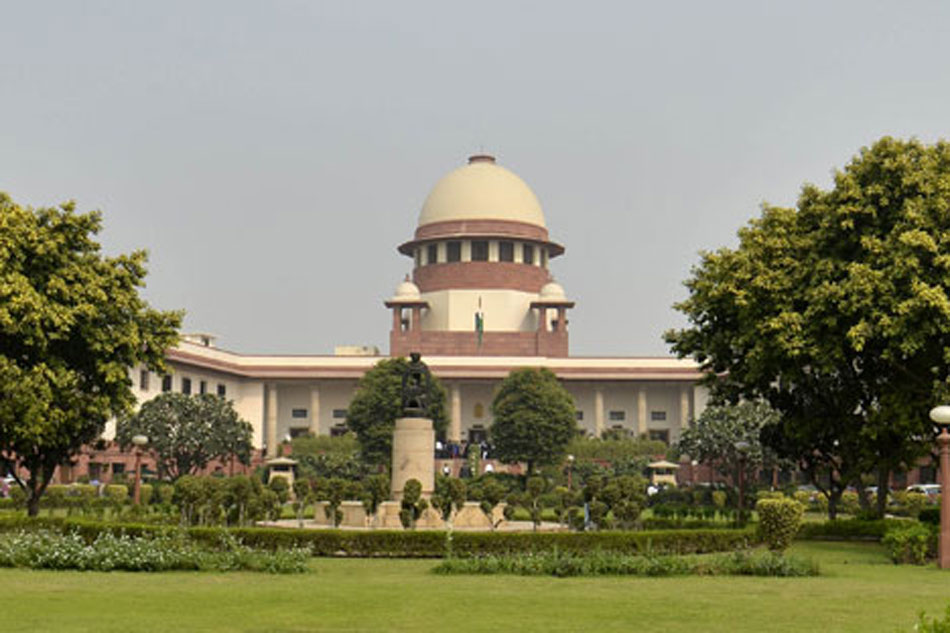The Supreme Court has struck down rules framed by the government under Section 184 of the Finance Act, 2017, that gave it new powers relating to the appointment of tribunals and the terms under which they functioned.
The court, however, upheld the constitutional validity of the section and ordered that new rules should be framed.
The court also ruled that the larger question of whether the rules relating to tribunals could be inserted into the Finance Bill should be heard by a larger constitutional bench. The Finance Act is what is called a money bill over which the Rajya Sabha has only limited recommendatory power.
The ruling was made by a five-judge bench that included Chief Justice of India Ranjan Gogoi and Justices N.V. Ramana, D.Y. Chandrachud, Deepak Gupta and Sanjiv Khanna. The majority verdict was written by CJI Gogoi for himself, Justice Ramana and Justice Khanna. A separate concurring judgement was written by Justice Chandrachud.
The judges also ruled that all tribunals would be covered by the acts which they were set up under until new rules were formulated by the government.
Amongst the 26 tribunals impacted by Section 184 were the National Green Tribunal, the National Company Law Appellate Tribunal and the Income Tax Tribunal. The Green Tribunal is currently virtually unable to function because it does not have a sufficient number of members to hear cases.
The petitioners argued that money bills are related to the imposition of taxes or other financial appropriations. Thus, rules relating to tribunals were outside the definition of a money bill could not be passed as such and must undergo scrutiny by the Rajya Sabha, they argued.
The government had counter-argued that since it had to make a financial outlay for the tribunals, the rules relating to them could be inserted into a money bill. The government also noted that the Aadhaar Bill had been passed as a money bill.
Both bills were passed at a time when Opposition parties outnumbered the NDA in the Rajya Sabha. The Rajya Sabha made several suggestions relating to the Finance Act but they were all rejected by the government.











